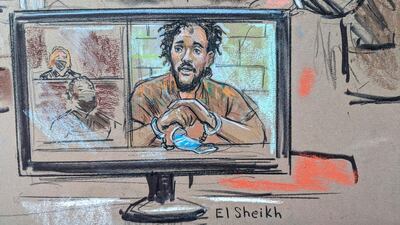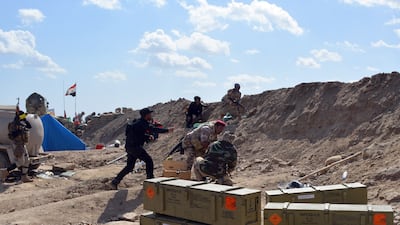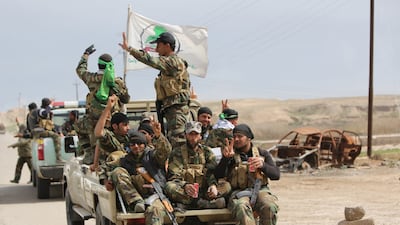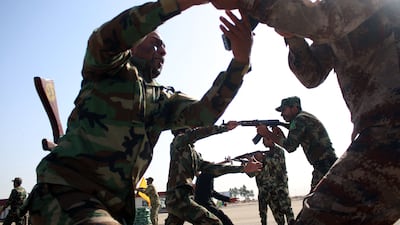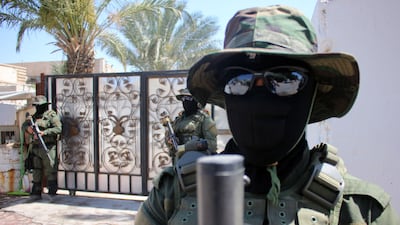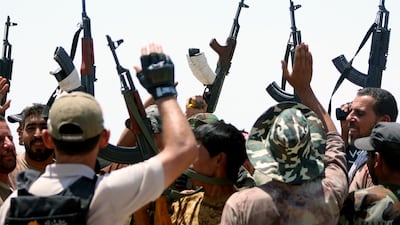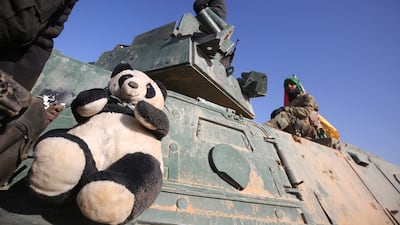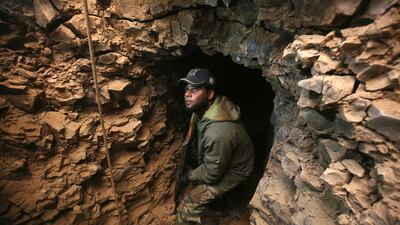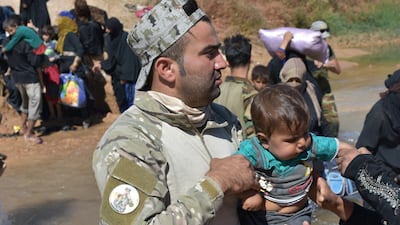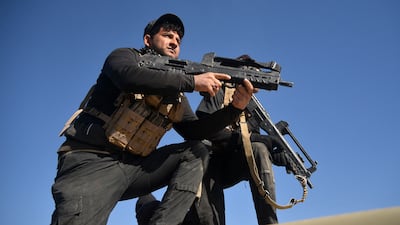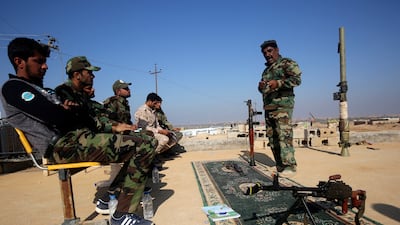Defence lawyers for a Briton accused of helping ISIS to torture and behead American hostages are trying to block evidence from a Kurdish girl who was kept as a slave.
The girl, identified as Jane Doe in court documents, was kidnapped at the age of 15 from Kurdistan in August 2014 and held by ISIS.
She spent weeks in captivity with American Kayla Mueller, whose death at the hands of ISIS will be a key issue at this month’s trial.
El Shafee Elsheikh, is charged with playing a key role in Ms Mueller’s abduction, ransom and eventual death, and the deaths of three other Americans — journalists James Foley and Steven Sotloff, and aid worker Peter Kassig.
In court papers filed late on Tuesday, Elsheikh’s lawyers say Jane Doe was told after her abduction to forget about her family because she would be “selected for marriage” by an ISIS fighter.
Ms Doe escaped but was caught the next morning and beaten with sticks, belts and hoses. It was then that she was taken to the prison where Ms Mueller was also held, the defence memo said.
After a month, they and two other girls were taken into captivity by a senior ISIS leader named Abu Sayyaf. They were locked in a bedroom when they were not cleaning or gardening.
Ms Doe escaped the home in October 2014 and made her way back into Kurdish custody.
Information she provided helped US fighters to launch a raid in May 2015 that killed Abu Sayyaf and other ISIS fighters, the memo said.
Ms Mueller, who was killed in February 2015, was raped by ISIS leader Abu Bakr Al Baghdadi during her time in captivity, the indictment read.
Inside the house, US fighters recovered ISIS documents justifying slavery and guidelines for how it should be implemented.
Elsheikh’s lawyers are seeking to keep the slavery documents from being introduced at the trial, and want to severely limit Ms Doe’s testimony, restricting it only to her time in captivity with Ms Mueller.
The evidence “is unduly inflammatory and would only cause undue prejudice against Mr Elsheikh, confuse the issues, and mislead the jury by imputing the actions of others to Mr Elsheikh", defence lawyers Nina Ginsberg, Edward MacMahon and Jessica Carmichael wrote.
While Ms Doe’s evidence may not be central to the case against Elsheikh, it provides a glimpse into some of the emotionally powerful evidence jurors will confront if the case goes to trial at the end of the month.
Elsheikh is one of four British nationals – nicknamed The Beatles by their alleged captives because of their accents – who allegedly joined ISIS.
Elsheikh and a co-defendant, Alexenda Kotey, were captured in Syria in 2018 and taken to Virginia in 2020 to stand trial in a federal court.
Kotey pleaded guilty last year and is awaiting sentencing. A third Beatle, Mohammed Emwazi, also known as “Jihadi John”, was killed in a 2015 drone strike. The fourth member was sentenced to prison in Turkey.
Federal prosecutors will respond to the defence memo about Ms Doe at a later date. So far, though, prosecutors have been successful in turning aside defence efforts to restrict evidence at trial.
The presiding judge, TS Ellis III, ruled this year that prosecutors could use allegedly incriminating statements Elsheikh made in interrogations and in media interviews. Defence lawyers argued unsuccessfully that the statements were coerced.
As for the slavery documents, defence lawyers argue that it would be unfair to ascribe them to Elsheikh because he did not write them.
But in a 2018 interview with journalist Jenan Moussa after he was captured, Elsheikh allegedly said slavery was justified under Islamic law.
“Islamic texts have spoken about slavery and rights of a slave," he was alleged to have said in an interview.
"There is a whole jurisprudence about slavery and the rights of slaves and the rights of slave owners."
